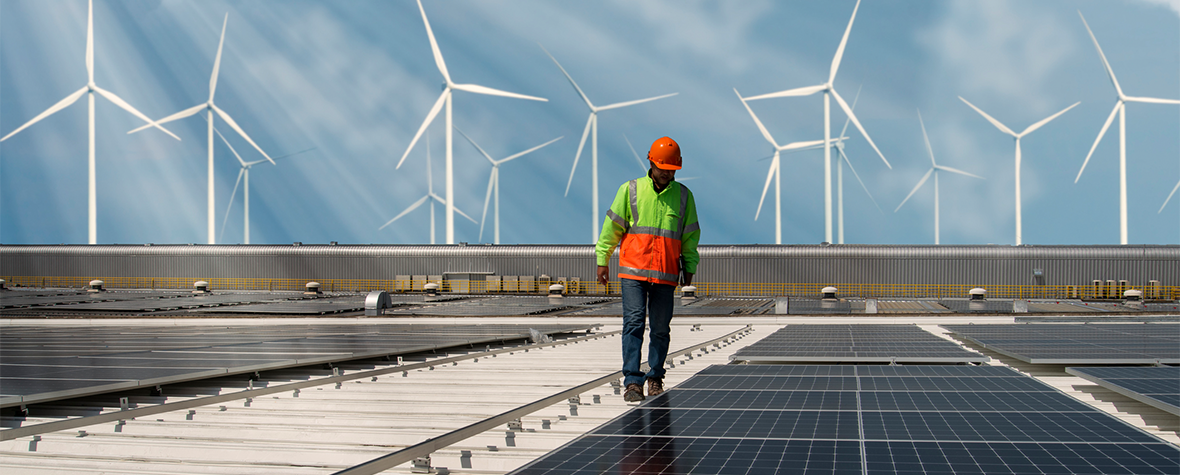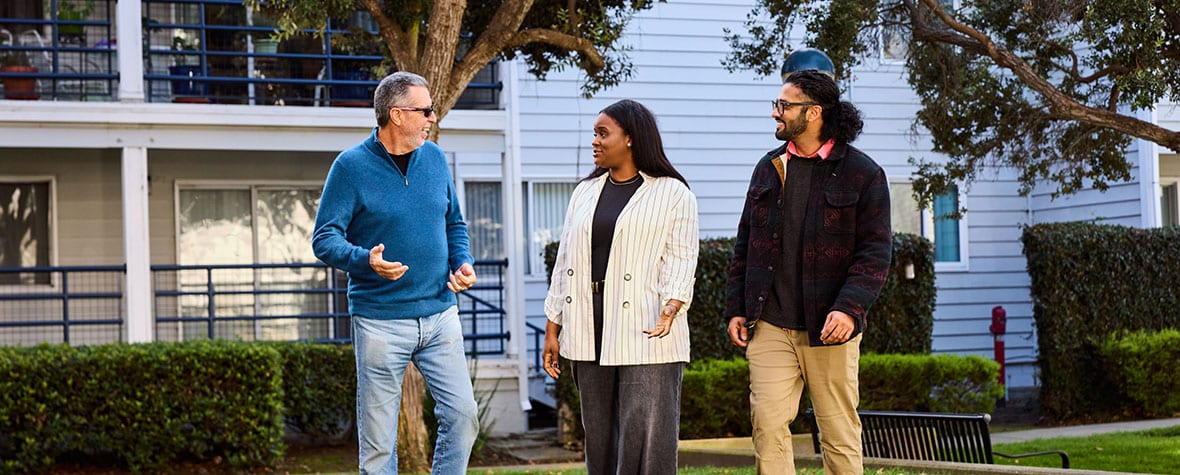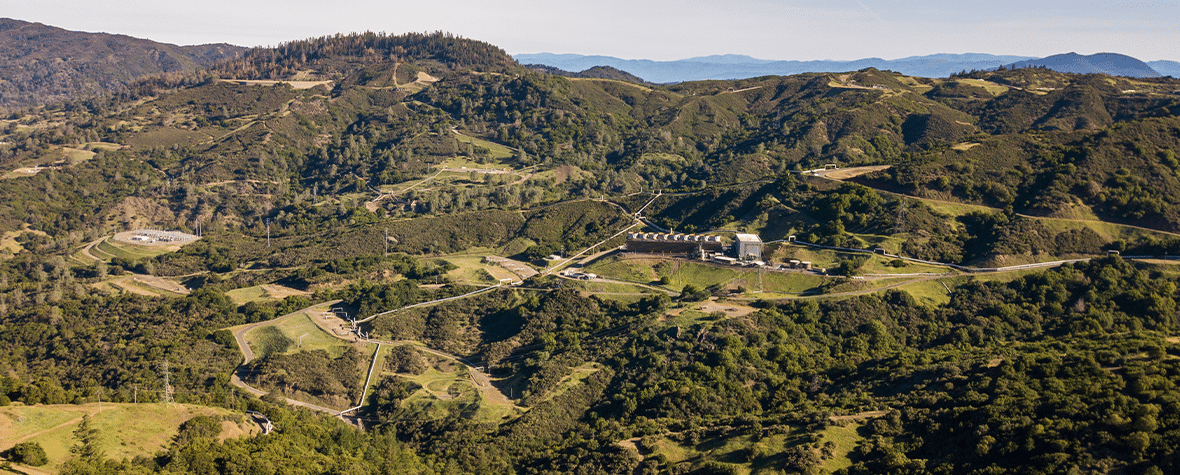The MCE Cares series focuses on the impacts of climate change, climate action strategies, and the ways you can make a difference. The climate is in our hands. What action will you take?
Climate change intensifies inequalities in public health, housing, and our global economy. The United Nations states, “The impacts of climate change will not be borne equally or fairly, between rich and poor, women and men, and older and younger generations.” Climate justice approaches climate change with a human-centered lens and recognizes the repercussions on human rights.Why is climate justice important?
The burden of climate change falls disproportionately on vulnerable populations, which are characterized as those in low-income communities that have been historically and systemically marginalized. A recent study by Stanford University indicates that the wealth gap between the world’s richest and poorest countries is 25% larger than it would have been without climate change.
On a local scale, low-income communities often lack an adequate health and safety infrastructure to prepare and respond to climate emergencies. Through climate justice, climate change solutions are centered on distributing resources equitably to populations that will suffer the most.

The map shows countries where per capita GDP increased or decreased because of global warming between 1961 and 2010. The map on the right shows the same information from 1991, after economic data became available for more countries.
(Graphic: Noah Diffenbaugh and Marshall Burke)
What is the just transition?
The just transition is a climate justice framework to pivot from an extractive economy to a regenerative economy. The framework focuses on building a strong economy while prioritizing a clean and healthy environment for all. Achieving a just transition means that solutions must be equitable and community-driven. The just transition can be achieved, in part, by equitable energy policies and programs. Community Choice Aggregators play a role in the just transition by involving local communities in decision-making and by securing collective access to clean water, soil, and air.
What do climate justice solutions look like in your community?
Climate justice and just transition solutions must start from the ground up and emphasize the needs of local community members. Here are the ways that some of MCE’s local partners are advocating for climate justice.
The Greenlining Institute
The Greenlining Institute advocates for a just, inclusive, and sustainable economy by publishing research and advocating for policy solutions. Greenlining’s approach addresses the root cause of economic and environmental inequities to improve the living conditions of communities of color. The organization connects community leaders with policymakers, researchers, and private sector leaders to work on economic, environmental policy, and healthcare issues.
Communities for a Better Environment (CBE)
The mission of CBE is to provide California’s communities of color and low-income communities the power to achieve environmental health and justice. CBE aims to do that by preventing and reducing pollution and building green, healthy, sustainable communities and environments. CBE offers “toxic tours” to raise public awareness about how pollution directly affects low-income communities of color.
Asian Pacific Environmental Network (APEN)
APEN is an environmental justice organization with deep roots in California’s Asian immigrant and refugee communities. Their work builds coalitions to foster change and put power in the hands of the people. APEN builds local justice transition models, like a youth-led, solar-powered Climate Resilience Center. The organization also invests in educating and supporting working-class immigrant and refugee community leaders.
Sunflower Alliance
Sunflower Alliance fights for environmental justice for Bay Area communities by advocating for a just transition to a sustainable economy fueled by renewable resources. One of their main initiatives is to stop expansion of the fossil fuel infrastructure in the Bay Area to lower pollution levels and combat climate change. One of their current initiatives is to oppose the expansion of a marine terminal in Rodeo that would increase toxic pollution in the area.
How does MCE support climate justice solutions?
MCE has been committed to climate justice for more than a decade, working against the systemic injustice built into the energy sector. By building and buying more renewable energy, we clean up the polluting fossil fuels on our shared grid that disproportionately impact people of color. All aspects of society are affected by the existing injustice, and the energy sector is no exception. Examples of how MCE is supporting climate justice in our communities, include:
- MCE’s Energy Storage Program allocated $6 million to solar plus storage installations, prioritizing facilities and residences that support low-income and medically vulnerable customers. MCE also offers rebates for income-qualified customers toward an electric vehicle and has allocated $750,000 to our income-qualified solar rebate program.
- MCE helps catalyze local job training and hiring opportunities. Our 65-acre MCE Solar One installation in Richmond included a 50% local-hire requirement and funding for training programs so that local Richmond residents have opportunities for green career pathways. Additionally, all of MCE’s Feed-in Tariff programs include requirements for 50% local hire and a prevailing wage to ensure that workers are compensated fairly.
- MCE leads informative workshops to connect our local businesses to the State of California’s Supplier Diversity Clearinghouse. Eligible businesses can apply to get certified through this utility contracting program to strengthen their business. Current eligibility extends to woman-, disabled veteran-, LGBTQ-, and minority-owned businesses.
What can you do?
You can help support the transition to a regenerative economy and reduce California’s reliance on polluting power sources by opting up to Deep Green 100% renewable energy. Half of the Deep Green premium is also invested in MCE’s Local Renewable Energy & Program Development Fund, helping to install electric vehicle charging ports and build renewable projects across our service area.
Continue to learn about the climate justice initiatives in your community and get involved with one of the impactful organizations mentioned above or other local organizations.




